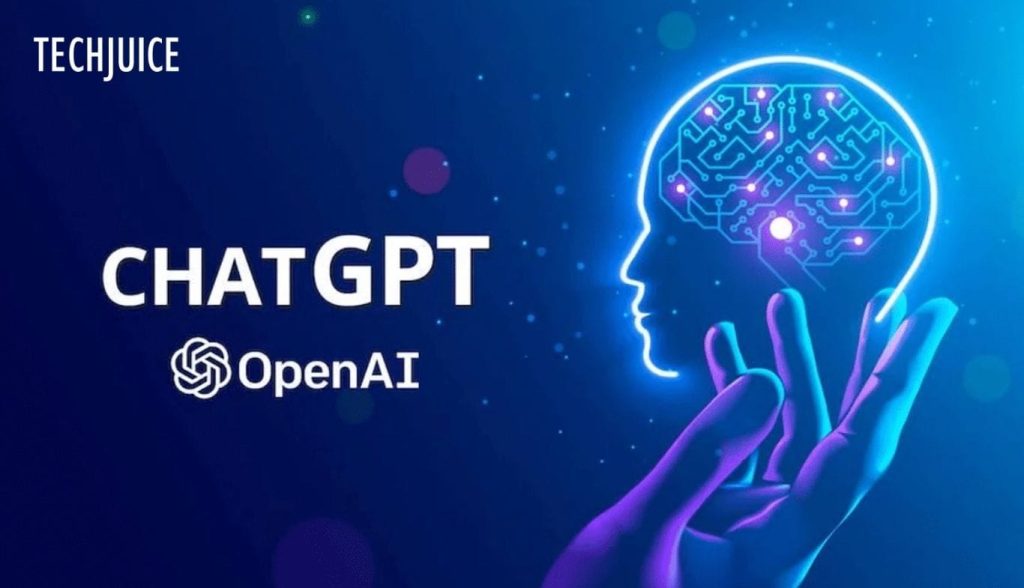OpenAI is planning a major transformation of its popular chatbot, ChatGPT. According to a leaked internal strategy document titled “ChatGPT: H1 2025 Strategy”, the company is working on turning ChatGPT into an all-in-one “AI super assistant” that knows the user personally and acts as a comprehensive interface to the internet.
The document, revealed during the legal discovery process in the US Department of Justice’s antitrust case against Google, outlines a bold vision. OpenAI wants ChatGPT to go beyond a chatbot and become a true digital companion, one that understands users deeply and supports them in all aspects of life.
“Today, ChatGPT is in our lives through existing form factors — our website, phone, and desktop apps. But our vision for ChatGPT is to help you with all of your life, no matter where you are,” the document reads.
Whether it’s suggesting recipes at home, planning a trip on the go, summarizing meetings at work, or simply helping users unwind, the future ChatGPT aims to become a reliable, emotionally intelligent assistant.
Strategic Evolution in 2025
According to the strategy roadmap, the transformation will begin in the first half of 2025. The new version of ChatGPT will be able to handle a wide variety of tasks, both general and niche, similar to what “a smart, trustworthy, emotionally intelligent person with a computer could do.”
This includes helping with everyday needs like:
Planning vacations
Sending emails
Managing calendars
Contacting professionals like lawyers or real estate agents
The document describes this next-generation assistant as “an intelligent entity with T-shaped skills”—broad knowledge across many areas with deep expertise in specific domains like coding.
Interestingly, OpenAI seems to be betting on dedicated hardware to support its assistant vision. Moreover, the company recently acquired io, a startup founded by former Apple designer Jony Ive, in a $6.4 billion all-equity deal.
This suggests a potential future where ChatGPT is integrated into smart devices, possibly offering seamless offline and on-the-go support in physical environments, not just online platforms.
Competitive Awareness and Regulatory Push
The document also reflects OpenAI’s awareness of the competitive landscape. The company notes that “powerful incumbents” may try to leverage their platforms to promote their own products. In response, OpenAI intends to support regulation that ensures users can choose ChatGPT as their default assistant across devices and services.
Despite the challenges, OpenAI seems confident in its strengths. The company highlights several competitive advantages:
A fast-growing product
A strong brand
Leadership in reasoning, multimodality, and computing power
A highly skilled and driven team
“We don’t rely on ads, giving us flexibility on what to build. Our culture values speed, bold moves, and self-disruption,” the document states.
With powerful AI models, regulatory ambitions, and a clear plan for hardware integration, OpenAI appears committed to reshaping how we interact with technology. If successful, ChatGPT’s evolution into a true “AI super assistant” could change not only the way we search, work, and play, but also how we live.

